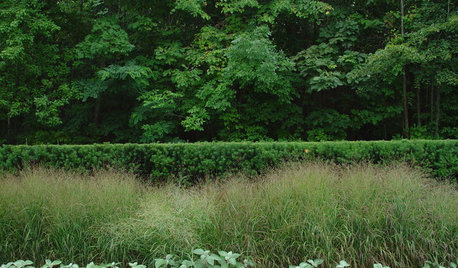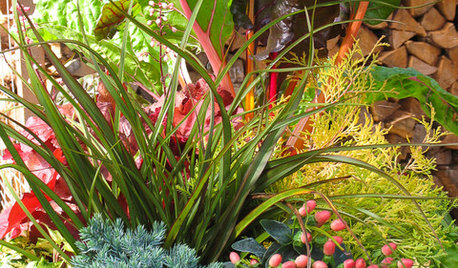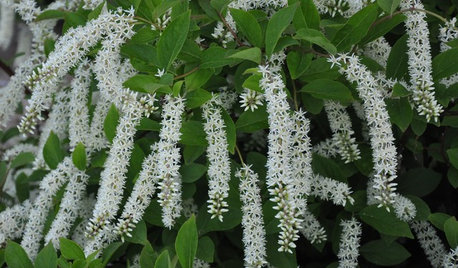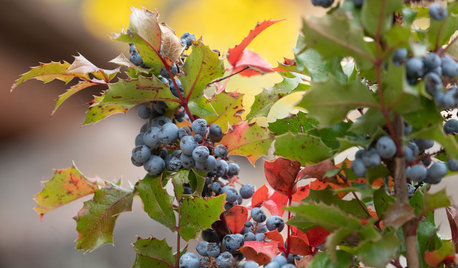Yew
CaptMicha
20 years ago
Featured Answer
Comments (24)
seraphima
20 years agoRelated Professionals
Glendora Landscape Architects & Landscape Designers · Middle Island Landscape Architects & Landscape Designers · River Forest Landscape Architects & Landscape Designers · Bowie Landscape Contractors · Mashpee Landscape Contractors · Rosemount Landscape Contractors · Waipahu Landscape Contractors · Markham Landscape Contractors · Fremont Carpenters · Callaway Siding & Exteriors · Colorado Springs Siding & Exteriors · Saint Petersburg Siding & Exteriors · San Jacinto Siding & Exteriors · Silver Spring Siding & Exteriors · Yakima Siding & Exteriorsflora_uk
20 years agolostman
20 years agomsminnamouse
20 years agolostman
20 years agopoppa
20 years agocarol_the_dabbler
20 years agolostman
20 years agochina1940
20 years agoflora_uk
20 years agoopabinia51
19 years agohemnancy
19 years agoltalent
18 years agomike_ewok
17 years agogeorge_23
17 years agoallenwrench
15 years agorunningwithsteff_hotmail_com
13 years agoJagoda1234
12 years agojolj
12 years agomike127
11 years agoshadeyplace
10 years agolisa_draper69
8 years ago
Related Stories

GARDENING GUIDESGreat Design Plant: Taxus x Media ‘Hicksii’
Need a strong, silent type in your garden? Hicks yew may be your perfect match
Full Story
LANDSCAPE DESIGNExplore a Magical Restored English Garden
History comes alive in the gardens of a Rochester townhouse, filled with sculptural yew, a topiary parterre and an archway-draped pond
Full Story
SIDE YARD IDEASNarrow Trees for Tight Garden Spaces
Boost interest in a side yard or another space-challenged area with the fragrance and color of these columnar trees
Full Story
LANDSCAPE DESIGNBoxwood Alternatives Bring the Chelsea Flower Show to You
Don’t let box blight limit your plans to borrow garden design ideas from the renowned British event
Full Story
LANDSCAPE DESIGNSimple Container Plantings for Intriguing Garden Design
Beyond mere decoration, thoughtfully chosen pared-down pots and plants can be integral to interest in the garden
Full Story
PLANTING IDEASStretch the Budget, Seasons and Style: Add Conifers to Your Containers
Small, low-maintenance conifers are a boon for mixed containers — and you can transplant them to your garden when they’ve outgrown the pot
Full Story
RED FOLIAGEGreat Design Plant: 'Little Henry' Sweetspire
Small in stature but big on impact, this fuss-free shrub promises spring flowers, fiery fall color and good manners in the garden
Full Story
GARDENING GUIDES8 Deer-Resistant Elegant Evergreen Shrubs to Plant This Fall
Who knew that such beautiful shrubs could be deer-resistant?
Full Story
LANDSCAPE DESIGN5 Structural Plants to Frame Your Garden Beautifully
Consider these trees and shrubs live building blocks, providing structure and definition in even a small garden
Full Story
FURNITUREWhich Dining Table Shape Should You Choose?
Rectangular, oval, round or square: Here are ways to choose your dining table shape (or make the most of the one you already have)
Full StorySponsored






lucky_p